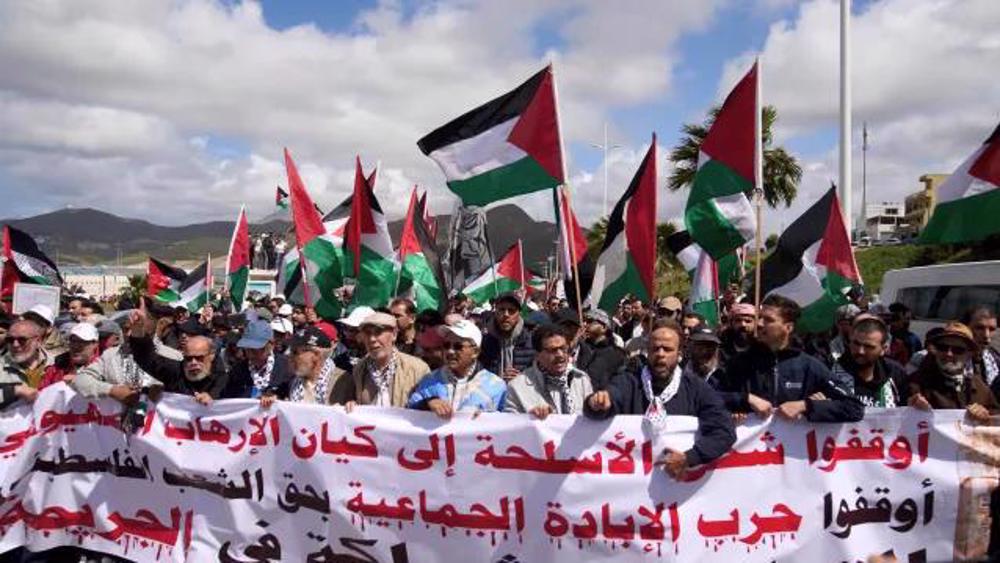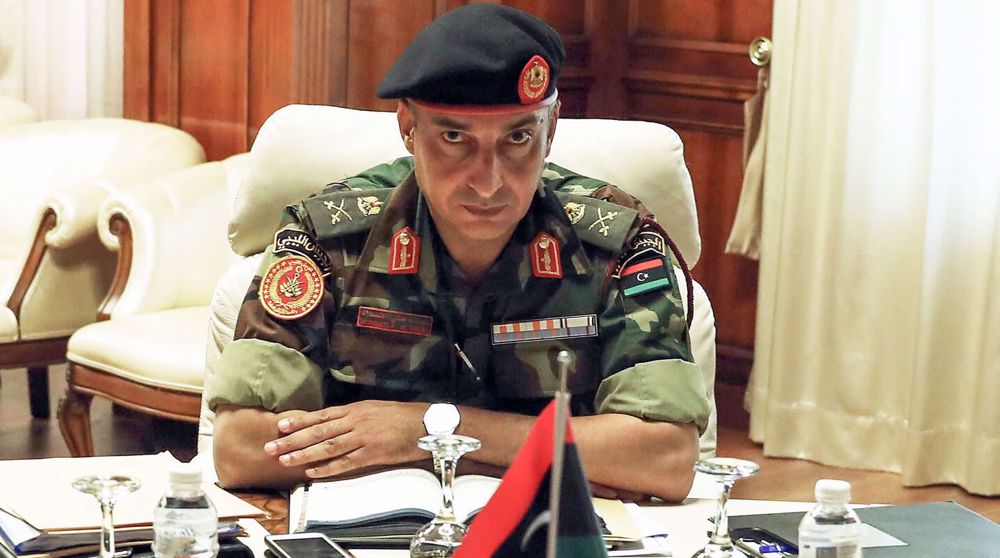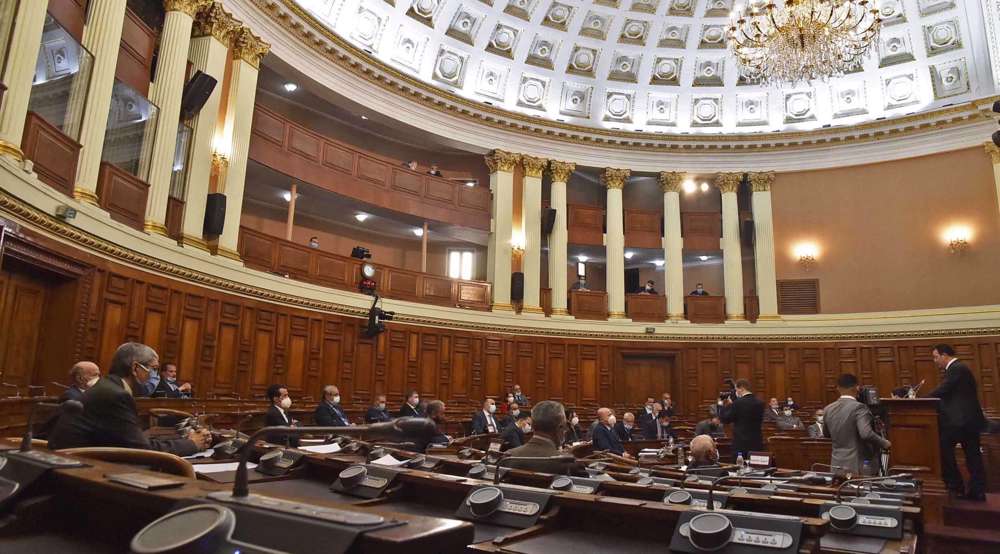Libya to resume oil exports from east
Libya’s National Oil Corporation has announced that the country is resuming oil exports from four terminals in the eastern oil crescent.
The internationally recognized NOC announced on Wednesday "the lifting of force majeure" at Al-Hariga, Zweitina, Ras Lanuf and Al-Sidra ports.
It added that "production and export operations will return to normal levels within the next few hours."
The move comes after the UN-backed government in Libya warned that any attempt by a rival administration in the east to export oil independently would be thwarted.
The oil-rich North African state has been wracked by chaos since NATO's military intervention that followed the 2011 uprising that led to the toppling and killing of longtime dictator Muammar Gaddafi. Two rival authorities have been vying for control ever since.
General Khalifa Haftar, a commander under Gaddafi, has been mostly opposed to efforts by the United Nations to establish a unity government in Libya. He has openly challenged the rule of one such administration in the capital Tripoli since it was established in 2015 while his forces continue to remain close to the rival government and parliament in the east of Libya.
Haftar and his self-proclaimed Libyan National Army (LNA) have been backed by certain Arab governments, including the United Arab Emirates and Libya’s neighbor Egypt, while governments in Europe that once contributed to the NATO intervention have also offered Haftar some diplomatic support.
In June, Haftar's LNA retook Ras Lanuf and Al-Sidra after they were attacked and briefly captured by armed groups led by militia leader Ibrahim Jadhran, whose Petroleum Facilities Guard controlled the terminals for years following the ouster of Gaddafi, but they were eventually forced out by Haftar’s loyalists in September 2016.
Haftar made a surprise decision on June 25 to hand over control of the eastern export terminals to the Benghazi-based NOC instead of the internationally recognized state oil firm after his forces recaptured two of them.
His decision prompted the NOC to call on the UN to block any "illegal" oil exports, saying it was the "only recognized Libyan entity" responsible for oil production and exports.

In early July, the NOC declared force majeure on the ports of Zweitina and Al-Hariga after accusing Haftar's forces of imposing a blockade, which followed the declaration of force majeure on Ras Lanuf and Al-Sidra in mid-June, suspending exports from all of the eastern terminals.
Force majeure is a legal measure that frees parties to a contract from their obligations due to circumstances beyond their control.
But, the NOC said in its statement on Wednesday that its board "commended (Haftar's forces) for putting the national interest first."
The four terminals are conduits for much of the crude, gas and petrochemical sales that form the lifeblood of Libya's economy.
UK co-owns UAE-controlled Somaliland port used against Sudan
VIDEO | Mothering through genocide
VIDEO | Leader: Iran will not back down against vandals
VIDEO | UK protesters demand release of Palestine activists
NATO moves to boost Arctic security as Trump revives Greenland threat
VIDEO | Sudan struggles to rebuild after devastating conflict
VIDEO | Venezuelans continue to denounce US attack
VIDEO | Warnings voiced over global order breakdown under Trump












 This makes it easy to access the Press TV website
This makes it easy to access the Press TV website